
Recommendation
Proponents of trickle-down economics assert that tax cuts for the wealthy lift GDP and lower unemployment. Opponents, however, claim that lower taxes add nothing to the economic engine except to boost wealth and income inequality. Scholars David Hope and Julian Limberg dive into the debate with a fresh analysis of tax policy on high-income earners and come up with important new insights. Executives and analysts interested in the linkages among the tax code, economic performance and inequality will find this an eye-opening, though highly technical, study.
Summary
About the Authors
David Hope is a research fellow at the London School of Economics. Julian Limberg is a lecturer at King’s College London.
Learners who read this summary also read
Report
Book
Report
Podcast








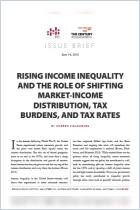
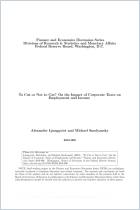
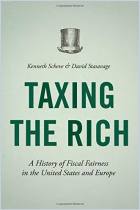
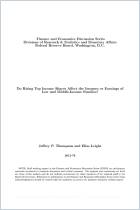

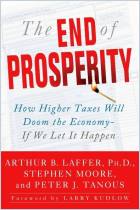





Comment on this summary or Start Discussion